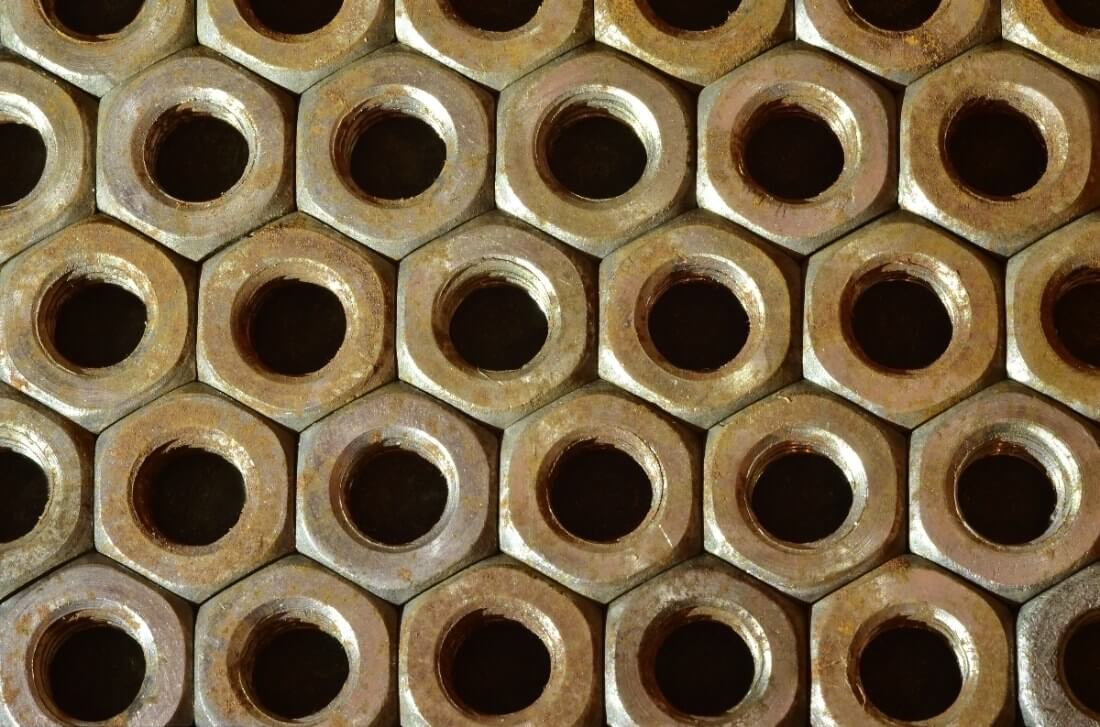The ‘scrap metal dealers act’ was revised in 2013 to create the current legislation we have today. The act applies to all scrap metal dealers in the UK. Therefore, if you’re in the scrap metal trade (as we are) it’s important to know the ins and outs of the regulations.
When did the scrap metal dealers act come in to force?
The current act that stands in place today was passed on 1st October 2013, when new licence applications to work as a scrap metal dealer were first accepted by local councils.
Although only passed on the 1st of the month, it required all existing scrap metal dealers to apply under transitional agreements by no later than the 15th October.
The newer act repealed the previous scrap metal dealers act of 1964. Giving it a more modernistic approach and bringing legislation up to date with current affairs.
Why was the scrap metal dealers act created?
According to gov.uk, the 2013 act was brought in to tackle ‘rising levels of metal theft’. Since the introduction of the act, it was reported in the ‘National Strategic Assessment of Serious and Organised Crime’ in 2017 that “available data indicates that metal theft continues to decline.”
In the actual act, the purpose of its creation is stated. The scrap metal dealers act presents that: “prior to it [the act], metal theft offences were increasing, driven by the rising cost of metals on the world commodity market. The cost of these offences to the UK was estimated to be at least £220 million per annum. The crimes posed a threat to the security of the national infrastructure and affected a range of sectors including power, transport and telecommunications.”
By ensuring there is legislation in place to regulate the scrap metal trade, the Government are reducing crimes that were costing the country millions of pounds year on year by actively tackling those with dishonest intentions.
What does the scrap metal dealers act entail?
The physical ‘scrap metal dealers act 2013’ is a 12 paged document in which rules and regulations are laid out in plain text.
The actual act itself:
- Requires a scrap metal dealer to hold and display a licence, issued by the relevant local authority. (This can be either a site licence or a mobile collector’s licence)
- Permits local authorities to charge a licence fee, set locally.
- Allows for the closure of unlicensed sites.
- Requires local authorities to provide appropriate information to enable the Environment
- Agency in England and the Natural Resources Body for Wales to maintain national registers of licences.
- Requires scrap metal dealers to verify the identity and address of persons from whom they receive metal.
- Makes it an offence for a scrap metal dealer to purchase scrap metal for hard cash.
- Lets out the record-keeping requirements in respect of any scrap metal received or disposed of by scrap metal dealers.
- Provides the police and local authorities with a right to enter and inspect scrap metal dealers’ premises.
- The creation of this act means a fairer trade for both the general public, and honest companies such as Maxilead Metals who have always prided themselves in doing everything by the book.
Who does the scrap metal dealers act involve?
The act applies to anybody who is definitive of a scrap metal dealer. That can be from verified street vendors to established companies such as ours.
Is the scrap metal act going to be revised?
Opportunities for revisal have been discussed within Parliament. Interested parties have made suggestions as to what the act should cover to further tackle metal theft. Some of these noted points include:
- Proposals to create a new offence of selling scrap metal to a dealer for cash alongside the existing offence of buying for cash.
- Suggested changes to the definition of scrap metal included in the 2013 act.
- Proposals to include specific references to heritage metal and heritage assets in the legislation.
- Increased penalties for those who break the law.
- Further restrictions on the methods of payment for scrap metal.
- A suggested move to personal licences.
At present, there is no active discussion in parliament concerning the act. However, with the recent increases in lead prices and potential further increases in copper, metal theft figures could potentially see another rise. The government, therefore, could soon be faced with more pressures to update this 5 year old legislation. Perhaps to action the above points made, or perhaps to introduce even more rules that will really regulate the scrap metal trade.
Are Maxilead compliant with the scrap metal dealers act 2013?
Yes! We have a number of accreditations and licenses. Here at Maxilead, as mentioned above, we do absolutely everything by the book. This means that we can bring you the best value for your scrap metal, by honest and legal means. To find out more, get in touch with us.










